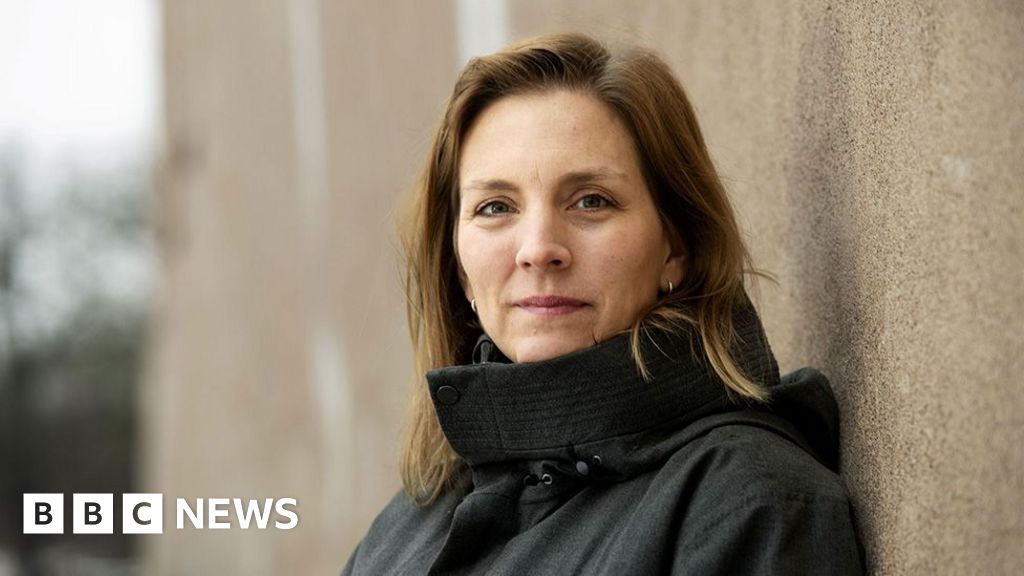Swedish human rights activist Anna Ardin is glad Julian Assange is free.
But the claims she has made about him suggest she would have every reason not to wish him well.
Ardin is fiercely proud of Assange’s work for WikiLeaks, and insists that it should never have landed him behind bars.
“We have the right to know about the wars that are fought in our name,” she says.
Speaking to Ardin over Zoom in Stockholm, it quickly becomes clear that she has no problem keeping what she sees as the two Assanges apart in her head - the visionary activist and the man who she says does not treat women well.
She is at pains to describe him neither as a hero nor a monster, but a complicated man.



Sure, apologies if you already know any of this.
As with other scientific fields, there are guidelines and processes in place to evaluate the structure and approach for research.
iirc you don’t technically have to adhere to them, but it will certainly be a point of industry and peer criticism if you don’t, sometimes leading to papers not being accepted for journals and other more esoteric consequences.
This is one of the reasons proper peer review is important.
A basic example would be picking from (or narrowing to) an appropriate subset of the population.
If you were trying to perform research with the goal of evaluating the population as a whole, running your experiment exclusively with women between the ages of 18-25 would immediately be picked up as a reason the results can’t be trusted (in terms of the stated goal).
A slightly less obvious example (for certain kinds of experiments) would be sentence structure and unconscious bias through contextual information.
When wording questions and examples it is easy to introduce a bias in the tone and word choice, which can affect the outcome of the research.
A real world example of the unconscious bias aspect is hiring discrimination : https://www.kcl.ac.uk/research/the-resume-bias-how-names-and-ethnicity-influence-employment-opportunities
A simplistic summary is that there is a bias (unconscious or otherwise) against people with “ethnic” sounding names on their resume.
There is, of course, more nuance to it than that, but still.
This is much less cut and dry because sometimes the bias is the thing being studied and forms a part of the test, which is why when creating these kinds of experiments the process is carefully evaluated and revised, hopefully by multiple people.
Another one you touched upon already is context, the time of day, life events, general disposition etc.
Good test design will try to account for as much of this as possible (though it’s unlikely to remove it all entirely).
That’s not always strictly true, quality is also important and there are diminishing returns on quantity, the length of a questionnaire can sometimes have it’s own effect on the results for instance.
It sounds like this experience was/is of great use to you. I’ve heard similar things about ADHD and ASD diagnoses.
Finding your tribe/place sounds great.
What i would say is that people who don’t have this level of resonance with the results could well see it less favourably than you.
That isn’t necessarily because they performed the test (or interpreted the result) incorrectly, it could just mean less to them.